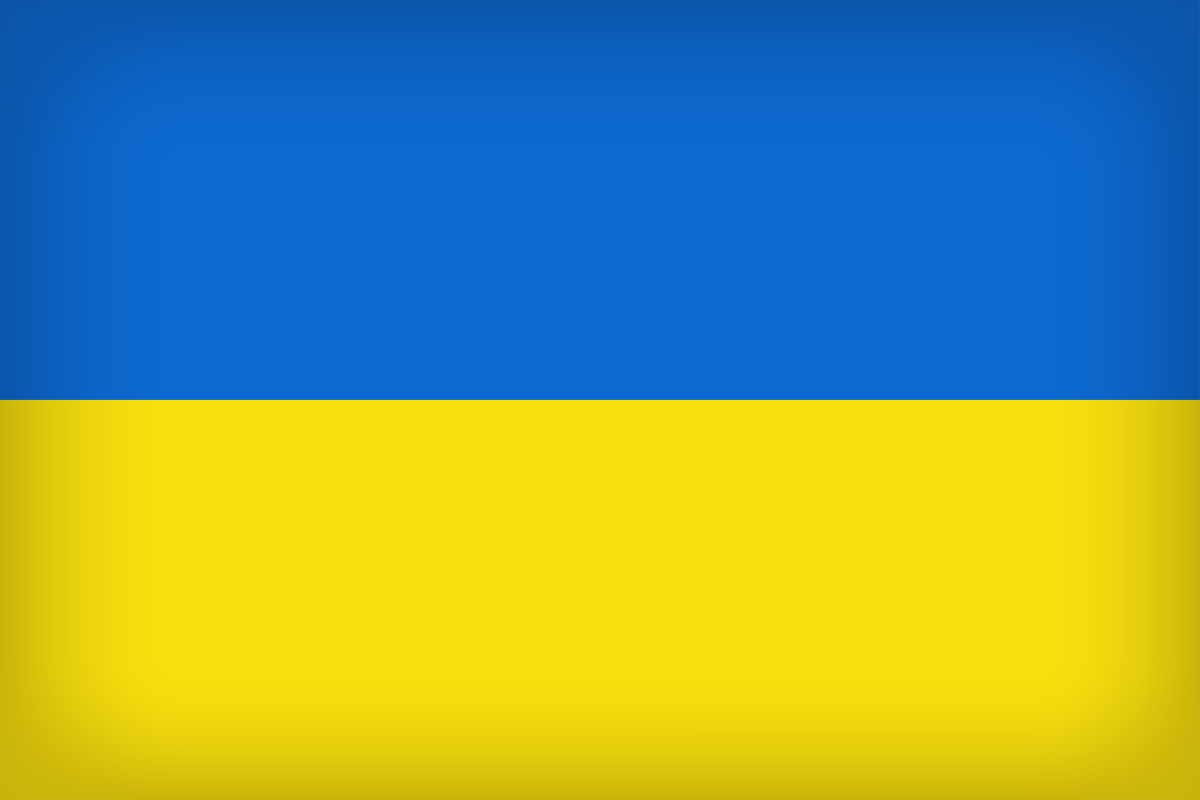Why study Physical Activity and Health at Abertay?
Learn how to make a positive impact on individual and community health. This practical Physical Activity and Health degree gives you all the skills and knowledge you need. UK top 5 for Student Satisfaction in Sport (Complete Uni Guide 2025).
This practical degree draws on the core disciplines of physiology, psychology and sociology, while you learn about the effects of physical activity and inactivity on individual health.
A hands-on and practical degree
You'll work on client consultations of all kinds. You'll cover topics such as public health and health promotion, and explore how to improve general health by incorporating physical activity at the individual, community and population levels.
All of which develops your hands-on professional skills.
Work placements and internships
There is a strong emphasis on real-world industry experience, such as work placements and internships across charitable health and social care organisations. This means you get to network and explore different work options while you study, so you can discover where your interests lie from a job perspective.
Smaller class sizes mean a personal approach. Our teaching is underpinned by research so you'll become an evidence-based physical activity and health practitioner with valuable skills.
Everything you learn forms a crucial part of your role in improving the health and wellbeing of the general population.
I wouldn’t have got my job without (my Abertay degree)...massively helpful.
- Alison Chapman, Special Education Teacher
Two-year foundation in Sport and Exercise
This course is flexible, and part of a portfolio of five courses covering different specialisms in sport.
For the first two years, everyone takes Sport and Exercise as a foundation. Then you specialise in years three and four. See more in the How the course works section.
Abertay is widely considered to be Scotland's TOP Modern University for Sport Science (Complete University Guide 2025, The Times 2025 and The Guardian 2025).


















